Indigenous Governance Database
mentoring
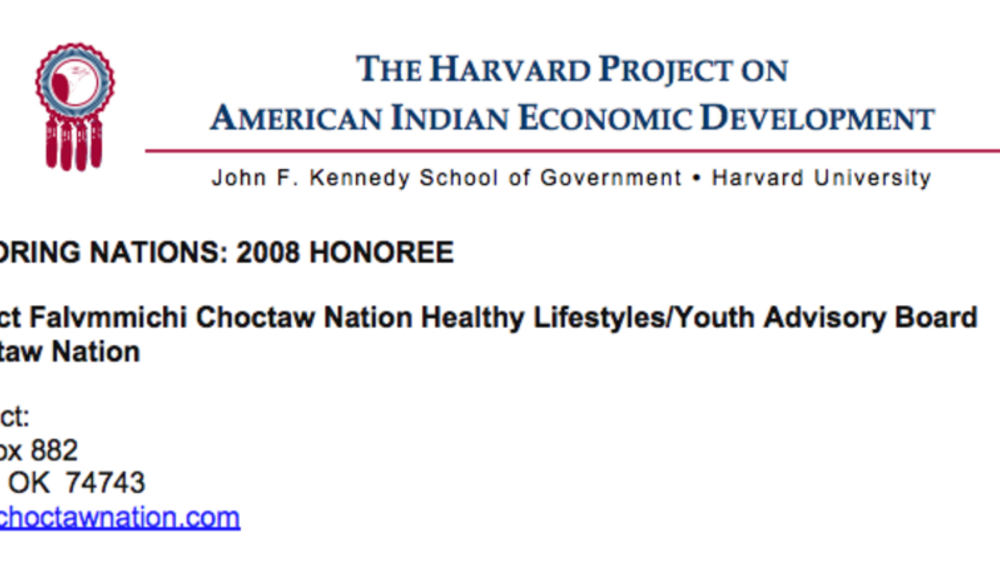
Project Falvmmichi (Choctaw Nation of Oklahoma)
"It is not cool to hit or be hit" is the straightforward motto of Project Falvmmichi, a school-based program of the Choctaw Nation designed to tackle the problem of domestic violence. The program teaches elementary school students positive ways to deal with anger and resolve conflicts. Today, more…
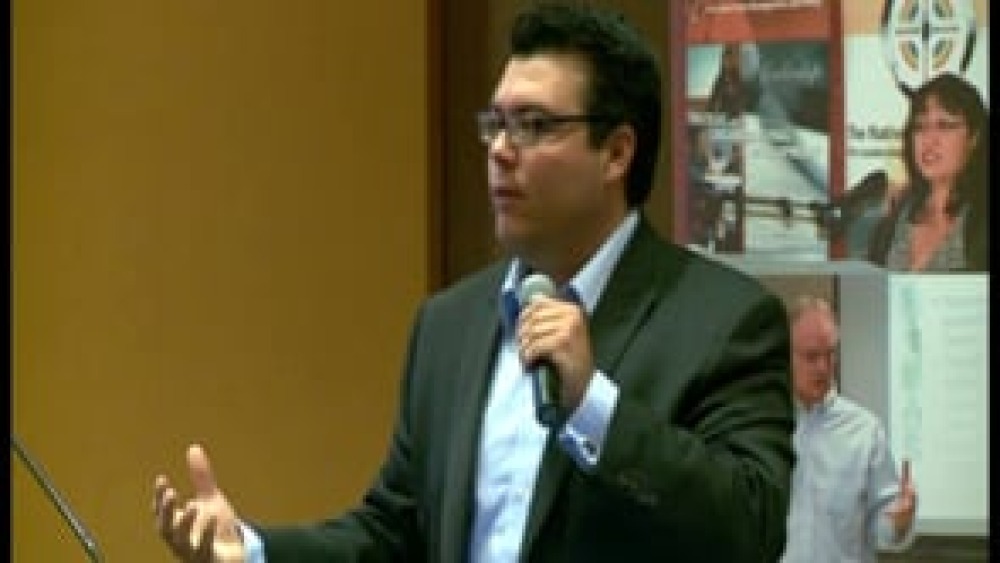
Adam Geisler: What I Wish I Knew Before I Took Office
Adam Geisler, Secretary of the La Jolla Band of Luiseño Indians, discusses the diverse set of challenges he faces as an elected leader of his nation and discusses some of the innovative ways that he, his leadership colleagues, and his nation have worked to overcome those challenges. He…
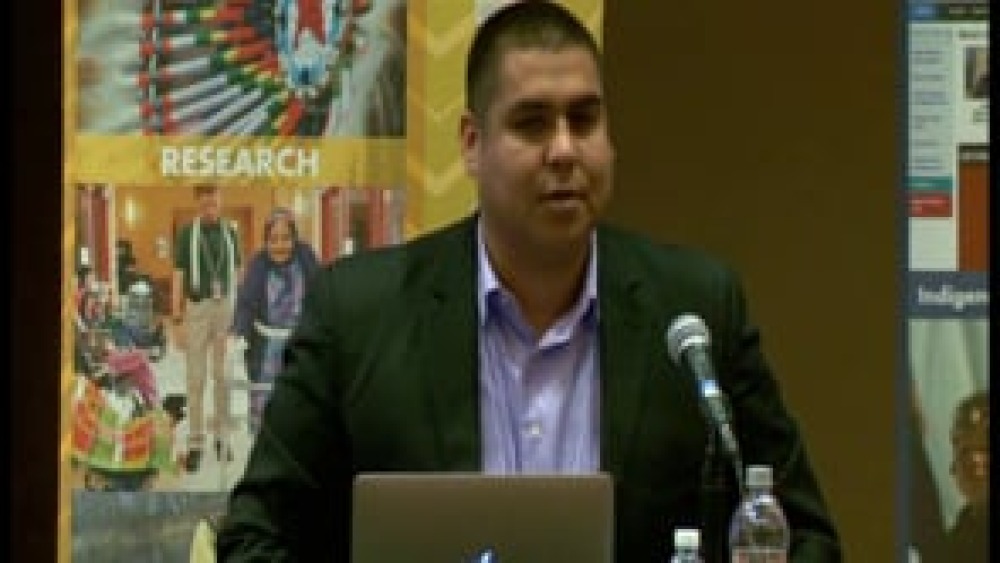
LeRoy Staples Fairbanks III: What I Wish I Knew Before I Took Office
Leroy Staples Fairbanks III, who serves on the Leech Lake Band of Ojibwe Council, discusses some of the hard stances he had to take in order to do his job well and also shares an overview of some of the major steps thatthe leech Lake Band has taken in order to govern more effectively and use its…
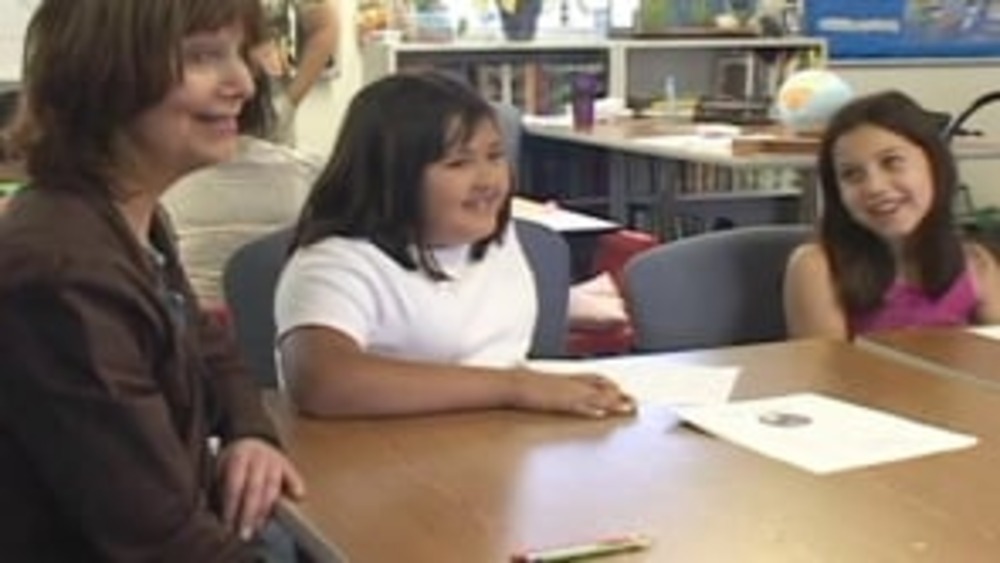
The Morongo Learning Center Tutoring Program
This video, produced by the Morongo Band of Mission Indians, explains why the Morongo Learning Center Tutoring Program is a major reason the high school graduation rate of Morongo students is now at approximately ninety percent, the highest in the Band's history.
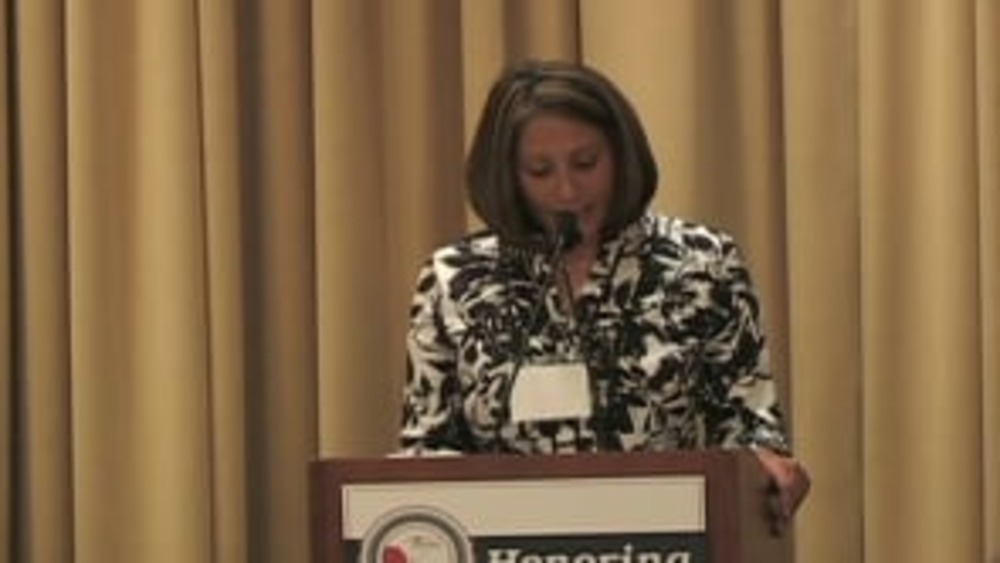
Honoring Nations: Joyce Wells: Project Falvmmichi
Choctaw Nation Healthy Lifestyles Program Director Joyce Wells describes how a 16-year-old Choctaw citizen transformed her idea and passion into a comprehensive education and mentoring program that seeks to prevent domestic violence in Choctaw communities.
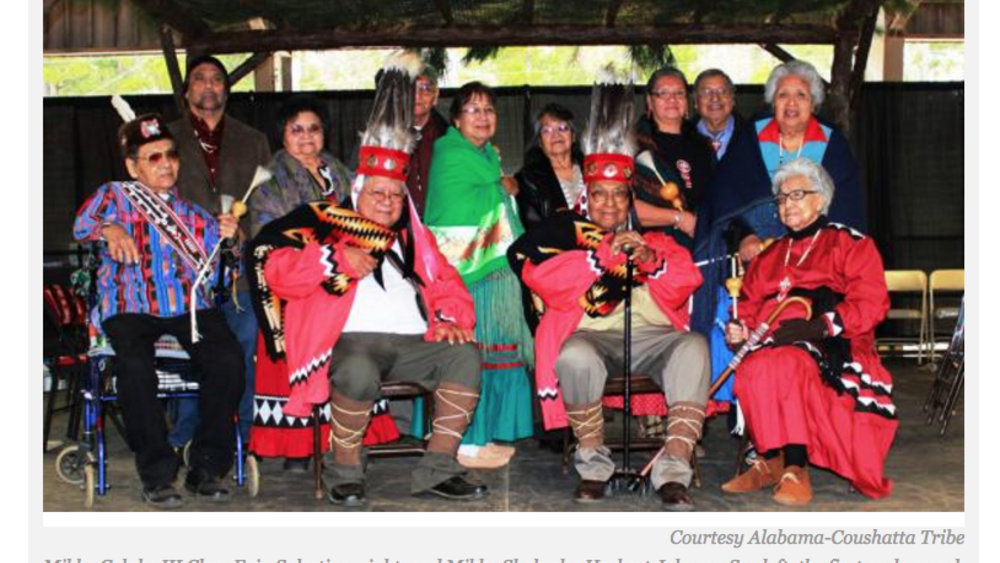
A Lifetime Journey: Alabama-Coushatta Name New Chiefs
For the first time in nearly two decades, the Alabama-Coushatta Tribe of Texas is welcoming a new principal and second chief. The 1,200-member tribe, located on 4,500 acres of land north of Houston, elects its chiefs to life terms. An inauguration ceremony held January 1 was the first such event…
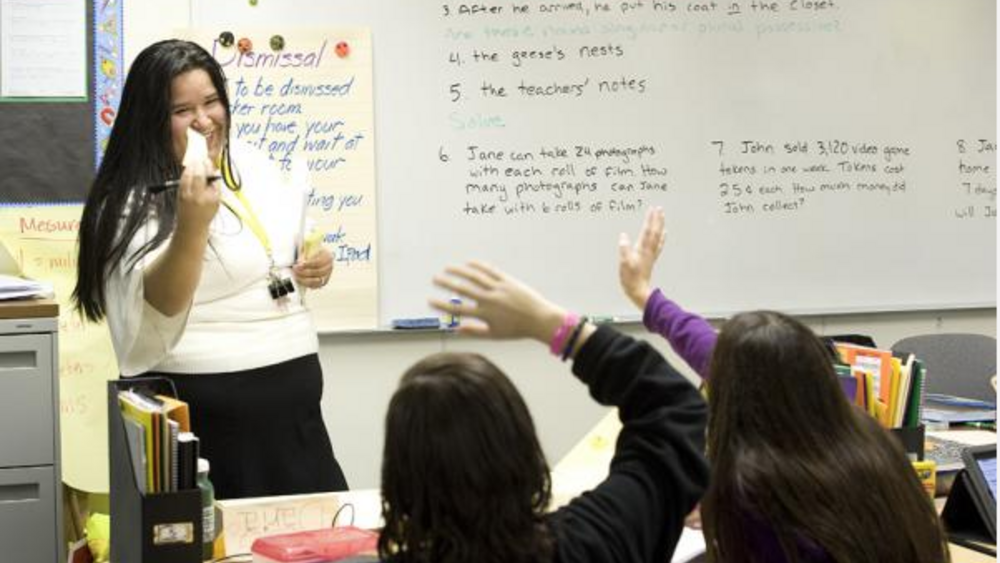
A Better Education for Native Students: The Morongo Method
The Morongo School offers a promising way for Indian nations and communities to educate their children so they have a firm foundation in their own culture, and acquire skills to gain entry and complete college...
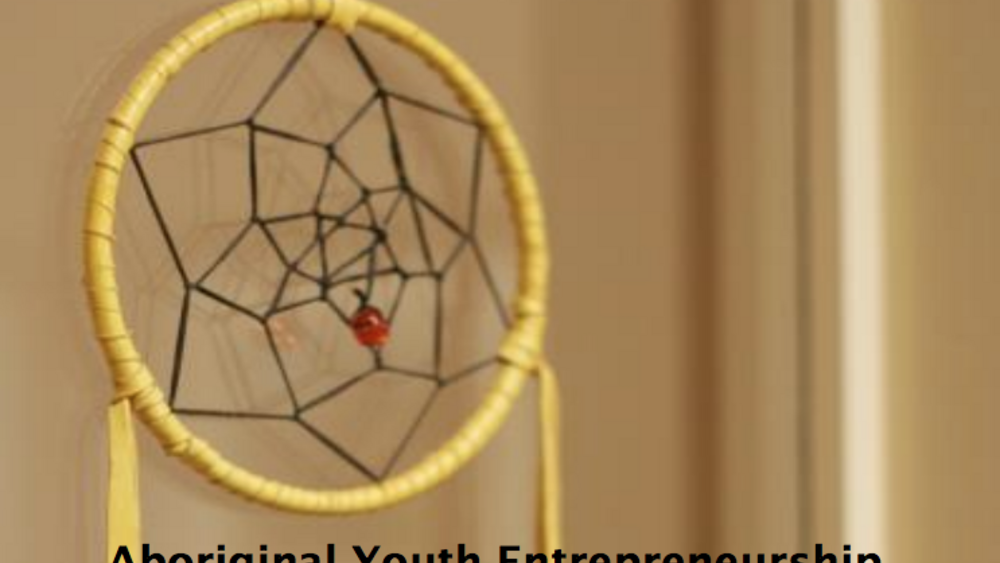
Aboriginal Youth Entrepreneurship: Success Factors and Challenges
Aboriginal people (First Nations, Métis and Inuit) and their communities in the north face many obstacles and challenges. There are, however, tremendous opportunities to promote and enhance Aboriginal participation in the economy. Aboriginal youth entrepreneurs are key to building a healthy…
